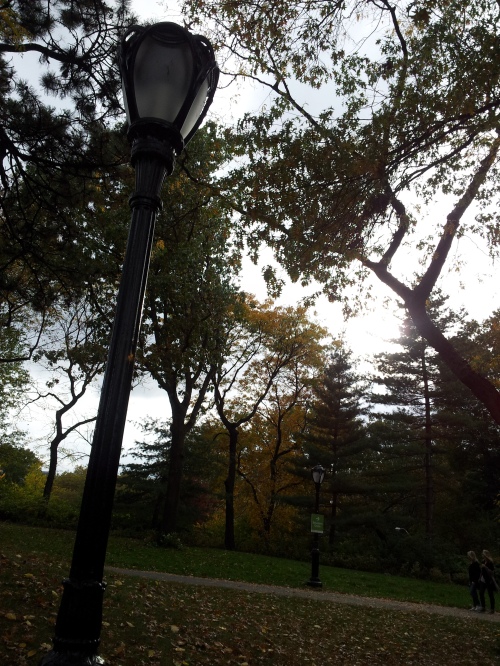People will try to take your voice away.
They will try to make you shut up if you are different than them, if you have a different opinion than them, if you are engaging with an idea that makes them uncomfortable, if you are a woman, if you are below a certain age or above a certain age, if you have a darker skin color, if you are gay, if you belong to a different religious or political group, if the things you believe to be important are not the same things that they believe to be important.
People will try to take your voice away.

Photo Credit: K. Sawyer Photography via Compfight cc
They will mock you, harass you, and make fun of you and what you are trying to say. They will tell you that women are inherently not as smart, talented, important, or fill in the blank as men. They will ask you why you have to think the way you think, why you have to ask the questions you’re asking, why you have to pick everything apart. Leave well enough alone, they tell you. You’re reading too much into it, they say. Be grateful for what you have. As if gratitude for the good requires a blanket of silence. (Anyone who tells you that you should be grateful has an agenda, and it’s not one that involves being particularly kind to you.) They will say that you are whining or bitchy or too negative.
People will try to take your voice away.
They will reward you for your silence. They will reward you for smiling, for agreeing, for not bringing it up, for being the nice one or the good one. You will get to avoid conflict and uncomfortable silence (until you start to realize that uncomfortable silence is not really all that bad a price to pay in order to refuse to be smothered). You will feel like one of the group, you might even be able to pretend that these people are your friends. (Except real friends will not try to pressure you into silence. They might change the subject or say they prefer not to discuss a specific topic, but they won’t try to make you feel small. And if they slip up, they will apologize.)
People will try to take your voice away.
They will feign ignorance, or maybe they genuinely will not understand how toxic they are being. They will be doing it for your own good. They will mean well. They won’t even notice. They will do some nice things for you, and you won’t realize your voice has died down to an inaudible whisper. Eventually you will internalize their voices and be harsh with yourself for doing positive activities like engaging in critical thinking. Their attempts to keep you quiet will become your own attempts to silence yourself.
People will try to take your voice away. But you don’t have to let them. You can keep talking, keep writing, keep singing, keep questioning, keep engaging, keep thinking, keep pushing out of your comfort zone. You can keep asking why: Why does the new Dove ad campaign make you uncomfortable? Why are you being criticized for doing something you didn’t do? Why do you like what you like and dislike what you dislike?
In both singing and writing, finding your voice is so important. Once you’ve found it, cherish the discovery and don’t let anyone take it away from you.





